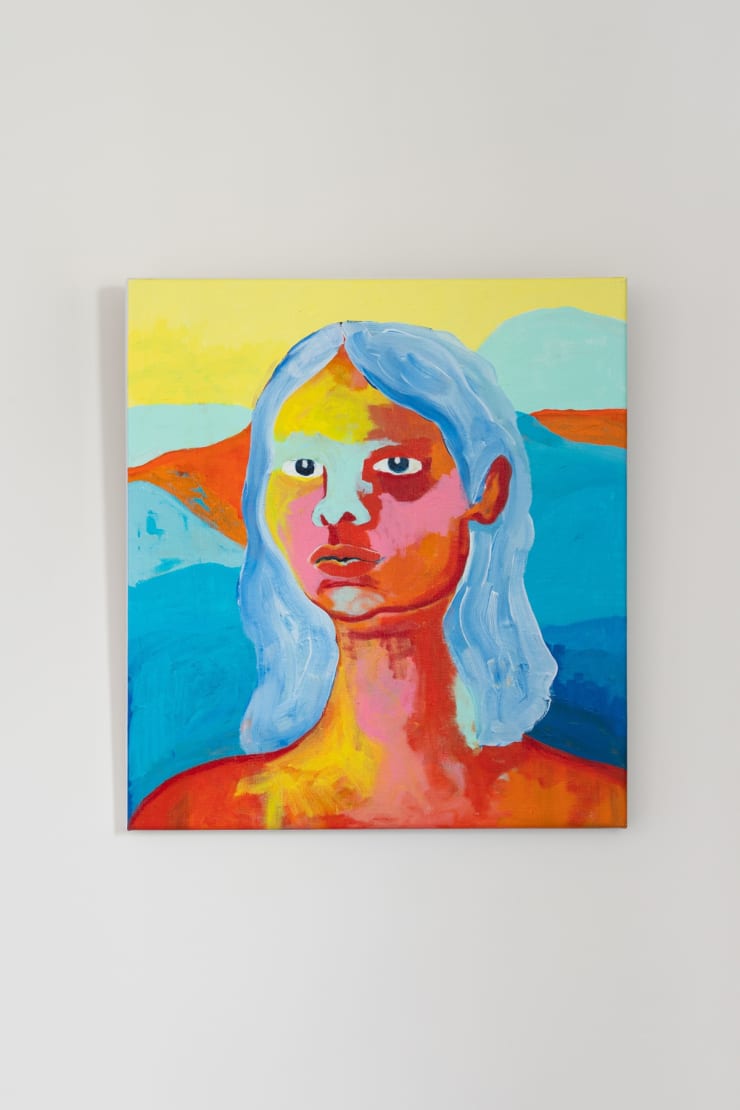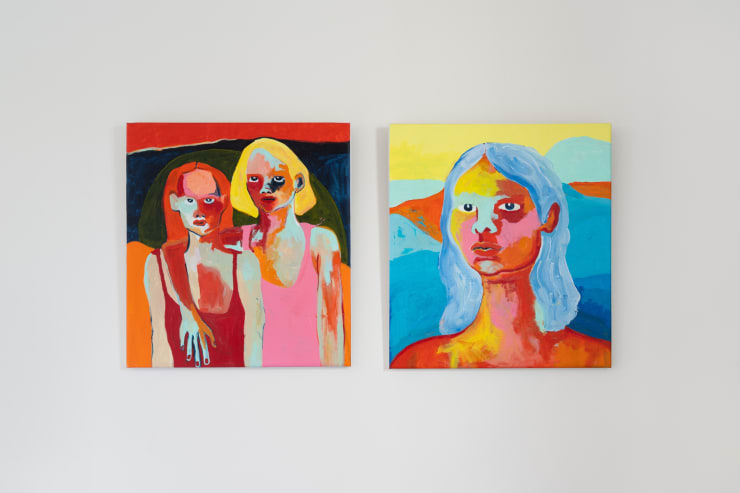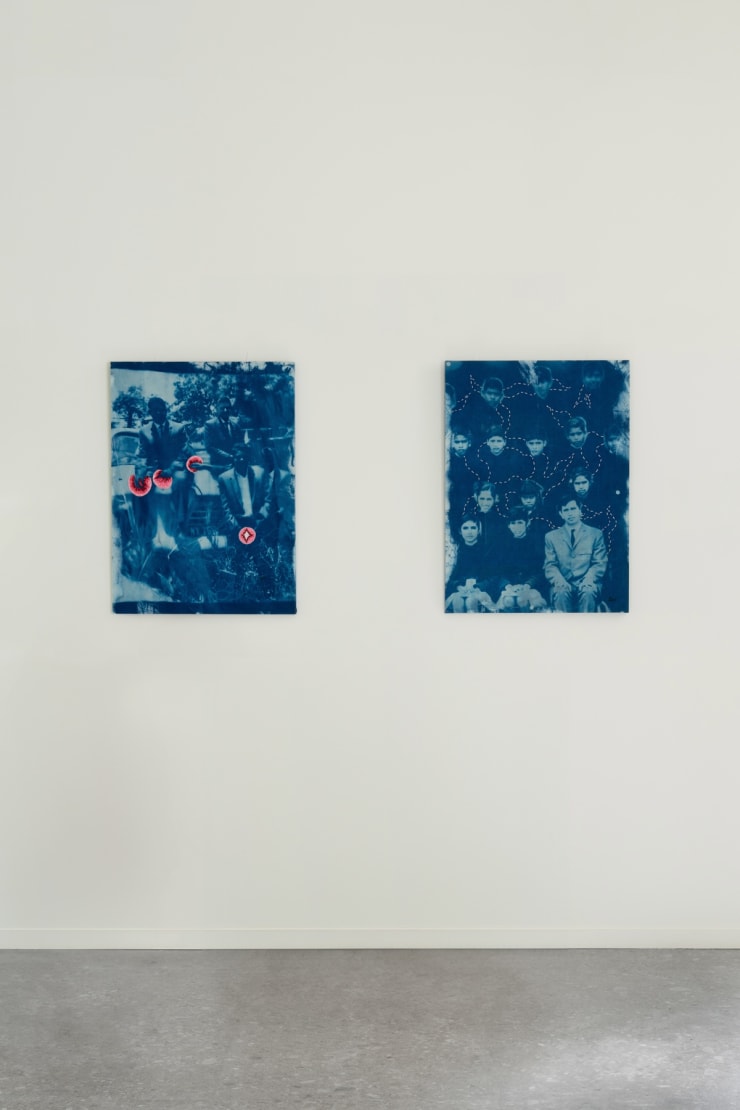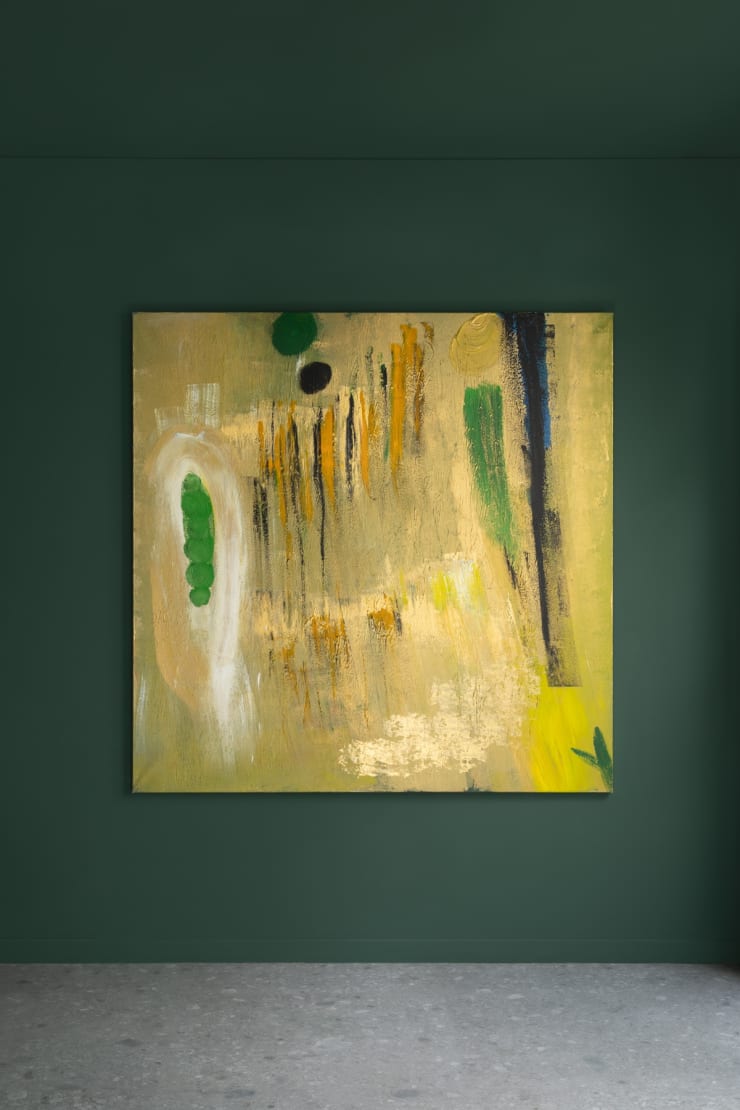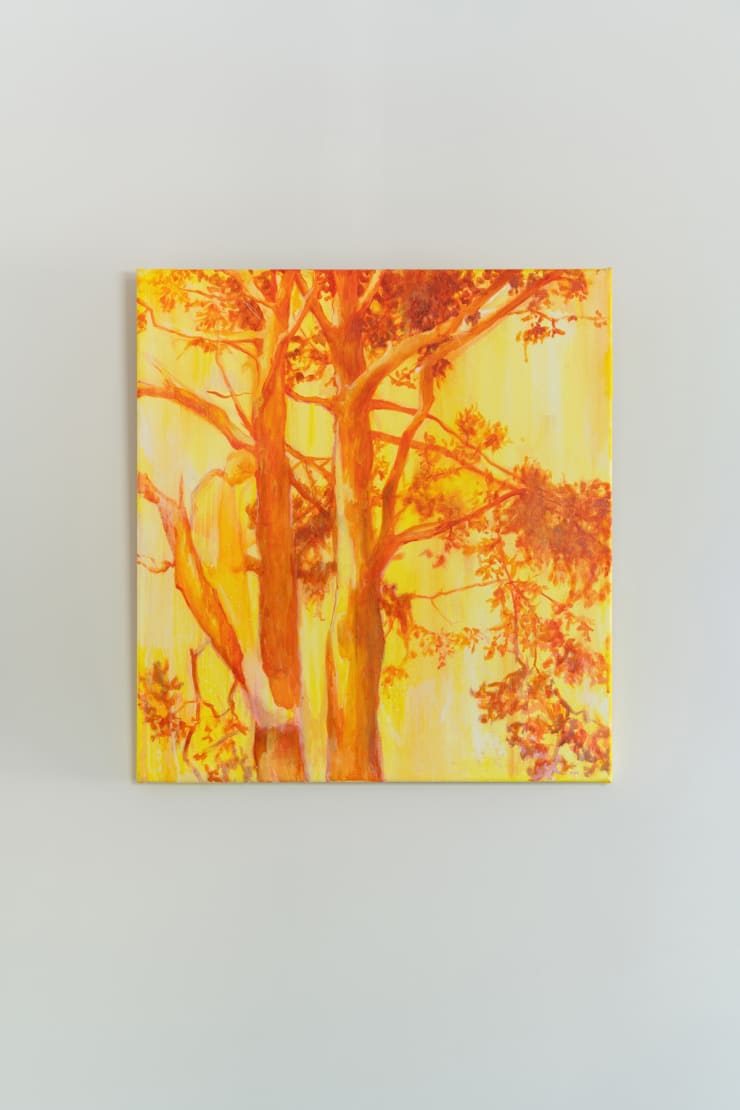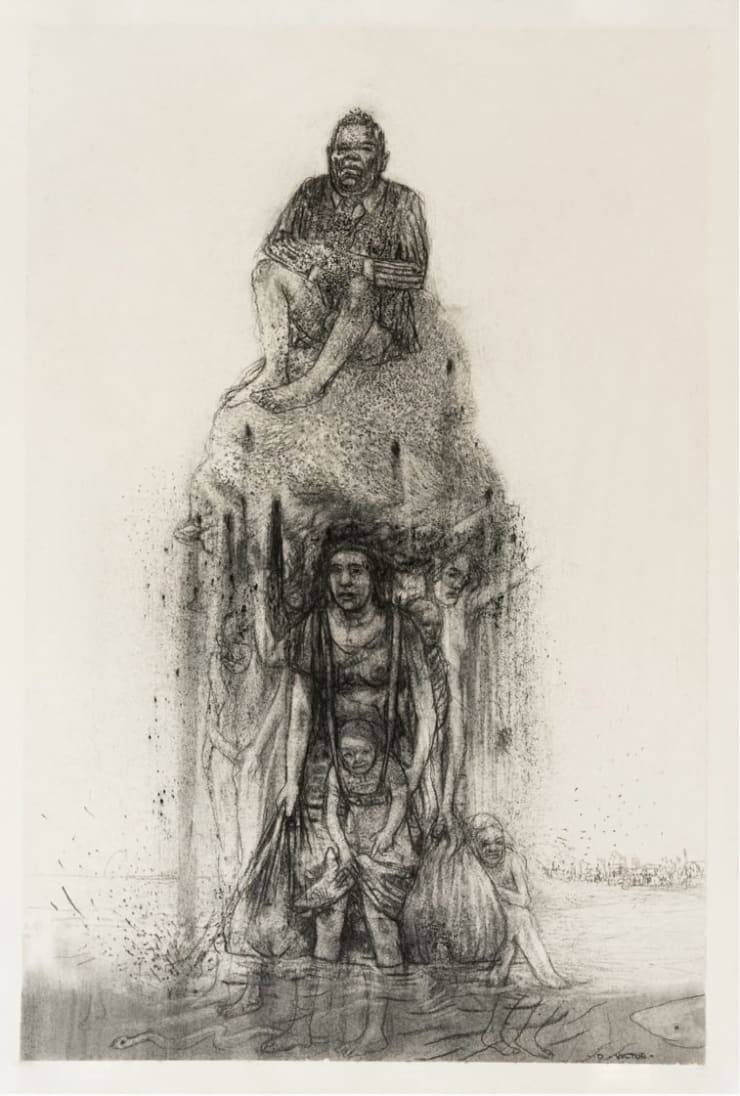Eclipsed Visions: Contemporary Perspectives by Women Artists
Galerie Revel is delighted to present "Eclipsed Visions” a collective exhibition bringing together the work of emerging and established women painters and sculptors. From April 15th to May 31st 2024, the gallery dedicates its space to uplift feminine voices and perspectives, still too often invisible in the history of art.
The thought-provoking discussions initiated by art historian Linda Nochlin in her groundbreaking 1971 essay, featuring her question "Why Have There Been No Great Women Artists?" persist in their relevance today. The reality that female artists have been erased, overlooked, or marginalized, and that their gender has posed barriers to their career advancement and artistic development, are part of the answers to Nochlin’s famous question. They are also the consequences of an art history (over)dominated by male figures.
It is widely recognized today that art history has long suffered from inadequate representation of women, both visually and in terms of recognized artists. In the canon of art, especially in the West, the scant presence of feminine figures, neither stereotyped, fetishized, nor subjected to the male gaze, but instead celebrated for their individuality and agency, does not go unnoticed. Therefore, the significance of feminine perspectives on the female body and experiences is evident: representing oneself is to reclaim control and ownership over one's identity. Whether intentional or not, these artists not only enrich the art canon with feminine subjectivities, but they also contribute to the ongoing shift in dialogue around painting and representation.
Nurtured by these critical reflections, the exhibition "Eclipsed Visions" aims to challenge conventions by uniting diverse feminine perspectives from different geographies, thereby questioning the predominantly male narrative of art history.
Offering their creative impulse from the Global South and the West, the artists selected provide much-needed visual spaces in which feminine bodies and experiences are confidently celebrated and memorized. Diana Ruban's monumental, non-sexualized female figures assert their presence, serving as a potent reminder of women's agency. Rocio Navarro provides intimate glimpses into her experiences as a young woman navigating both French and Mexican cultures. Bisila Noha's sculptures subvert traditional hierarchies of Western art by challenging perceptions of craft as "minor art" — a notion historically associated with feminine practices. Painter Dora Dalila Cheffi works on representation, engaging vivid colors and broad fauvism-inspired brushstrokes to enrich a canon of feminine figures viewed through a female gaze. Alka Dass’ sensitive interpretations of women of color's spaces, Oda Tungodden's melancholic landscapes, Diane Victor’s singular bestiary, many of whose works enrich institutional collections, alongside Flore Sigrist’s expressionnist abstract paintings, offer additional feminine perspectives that significantly enrich the engaged aim of this exhibition.



